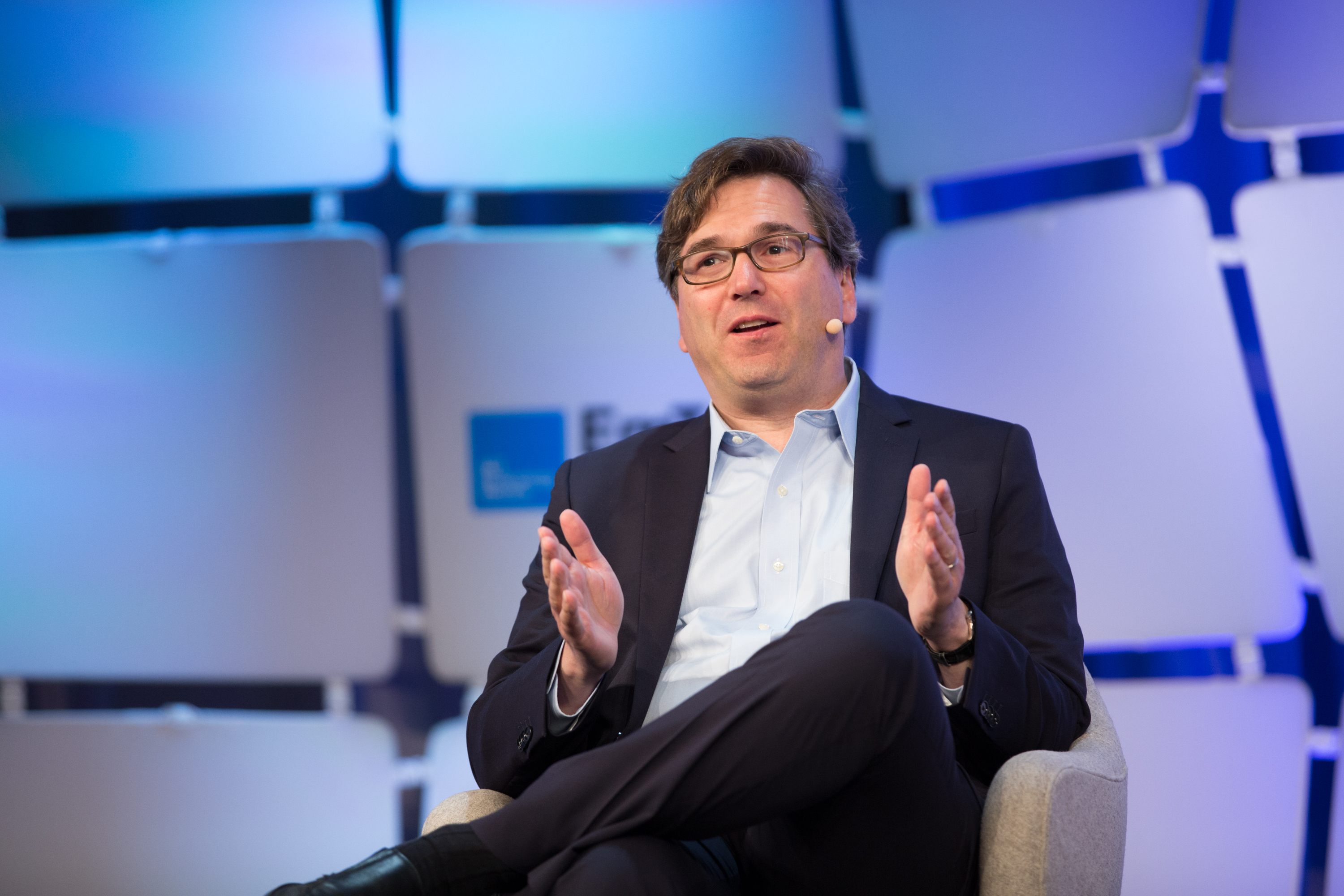Obama economist: We’re not preparing workers for changing jobs

The US is doing a particularly bad job of helping its workers adapt to technological changes, said Jason Furman, a professor at Harvard’s Kennedy School, speaking today at MIT Technology Review’s EmTech Next conference.
Furman, the top economic advisor to President Barack Obama and coauthor of that administration’s report on AI, points to low rates of labor force participation for those 25 to 54 years old—the measure of how many are giving up on looking for a job. “We’re among the lowest of any advanced economies,” he said.
The problem is not the number of jobs. Furman points out that the unemployment rate is 4 percent today. “One of the one of strongest laws of economics is that about 95 percent of people who want to work can work,” he said. “Robotics taking all jobs is not the right way to look at.”
The key to understanding the problem is looking at how technology has been changing the type of work in demand in recent years. Furman says we need to deal with what is happening to the economy now and not try to guess what is going to happen in 10 to 20 years.
“We have no choice but to make policy of what see in the world right now,” he said. That means focusing on education, retraining workers and helping them find new jobs, and offering better protection for older workers. What it doesn’t mean, he added, is such solutions as a universal basic income based on a long-term fear of technological unemployment.
Furman warns that preparing the workforce for automation and AI doesn’t necessarily mean STEM education for everyone: “You’re talking about millions and millions of jobs throughout the economy, and the one thing machines are quite good at is math.” Instead, he stresses the need to give more workers “soft skills” in management and personal interaction.
Still, while education and retraining can help, he said, “I’m not sure it will be enough.” We might need to look at reforming the tax system, among other policies for redistributing wealth.
Keep Reading
Most Popular
Large language models can do jaw-dropping things. But nobody knows exactly why.
And that's a problem. Figuring it out is one of the biggest scientific puzzles of our time and a crucial step towards controlling more powerful future models.
How scientists traced a mysterious covid case back to six toilets
When wastewater surveillance turns into a hunt for a single infected individual, the ethics get tricky.
The problem with plug-in hybrids? Their drivers.
Plug-in hybrids are often sold as a transition to EVs, but new data from Europe shows we’re still underestimating the emissions they produce.
Google DeepMind’s new generative model makes Super Mario–like games from scratch
Genie learns how to control games by watching hours and hours of video. It could help train next-gen robots too.
Stay connected
Get the latest updates from
MIT Technology Review
Discover special offers, top stories, upcoming events, and more.